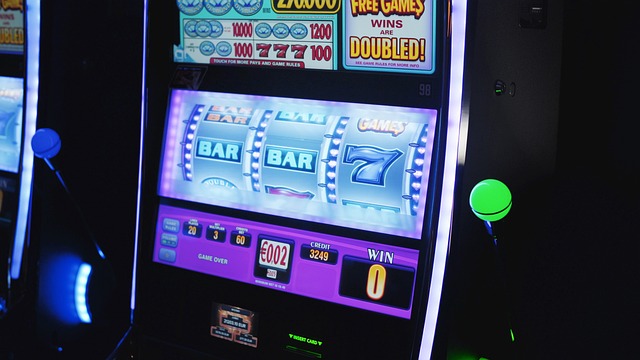
More about sponsored casino content laws
Influencer marketing has become a powerful tool for brands in various sectors. Here we can mention fashion, beauty, technology and renowned gambling platforms. However, the need to regulate sponsored content has arisen. The goals here are to ensure transparency and protect consumers.
The Importance of Transparency
Transparency in paid promotions is crucial to maintaining consumer trust. When influencers promote products or services without disclosing that they are being paid, they can mislead their followers into believing that they share unbiased opinions. This can lead to a loss of trust, not only in the influencer, but also in the brand being promoted.
A lack of transparency can also harm consumers who make purchasing decisions based on incomplete or misleading information.
Laws and Regulations by Country

United States
In the United States, the Federal Trade Commission (FTC) is the primary regulatory agency. It sets guidelines for the disclosure of sponsored content. The FTC’s guidelines require influencers to clearly disclose when they are being paid to promote a product or service. This includes the use of hashtags such as #ad or #sponsored, and the disclosure must be made in a way that is difficult to miss or ignore. The FTC has the authority to fine influencers and companies that fail to comply with these guidelines, and has been active in enforcing these rules.
European Union
In the European Union, regulations vary between member countries, but there is a growing trend toward harmonizing the rules. The EU’s Unfair Commercial Practices Directive requires that advertising be clearly identifiable. Consumers must also be informed when content is sponsored. Countries such as the United Kingdom, France, and Germany have their own specific laws requiring transparency in paid promotions. In the United Kingdom, the Advertising Standards Authority (ASA) monitors and regulates advertising. Activities include sponsored content on social media.
Brazil
In Brazil, the National Advertising Self-Regulation Council (CONAR) establishes guidelines for advertising. It also includes sponsored content. CONAR rules require influencers to make it clear when they are doing paid advertising. Recently, CONAR has intensified its oversight of influencer publications. The requirement is for transparency in paid promotions. The aim is to protect consumers from misleading practices.
Australia
In Australia, the Australian Competition and Consumer Commission (ACCC) regulates advertising. It requires that sponsorship disclosures be clear and visible. Influencers must inform their followers when they are promoting products in exchange for payment or other benefits. The ACCC can impose fines on influencers and brands that do not comply with these requirements.
Good Practices for Influencers

To ensure compliance with regulations and maintain public trust, influencers should follow some good practices:
- Clear and Visible Disclosure: Use hashtags such as #ad, #sponsored or #partnership to indicate sponsored content. The disclosure must be made in a way that is easy to perceive and understand.
- Transparency Across Platforms: Ensure that disclosure is consistent across all platforms.
- Continuing Education: Stay up to date on sponsorship disclosure regulations and adjust your practices as needed.
- Ethical Partnerships: Work with brands that value transparency and are committed to ethical marketing practices.
Consequences of Non-Compliance
Failure to disclose sponsorships can lead to serious legal and reputational consequences for influencers and brands. Fines can be substantial. And the influencer’s reputation can be severely damaged. Consequences include loss of followers and future partnership opportunities.
Keep an Eye Out
Regulating sponsored content is essential to ensuring transparency and protecting consumers. Influencers and brands must be aware of the laws and regulations in different countries. Adhering to best practices to maintain audience trust is non-negotiable. With proper transparency, influencer marketing can continue to be an effective and ethical tool for promoting products and services.


